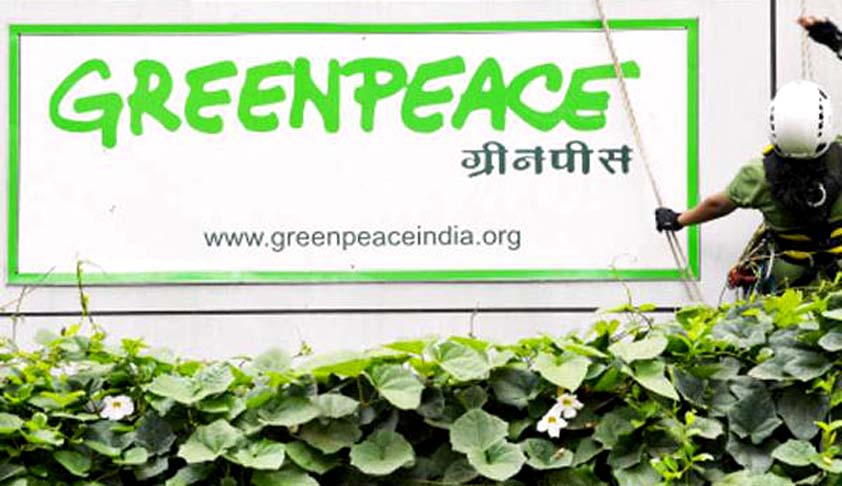Madras HC orders interim stay on cancellation of Greenpeace's FCRA registration
Aishwarya Dhakarey
16 Sept 2015 6:27 PM IST

Next Story
16 Sept 2015 6:27 PM IST
The Madras High Court has provided temporary relief to NGO Greenpeace India as it ordered an interim stay for eight weeks on the cancellation of Greenpeace’s registration under the Foreign Contribution Regulations Act (FCRA). The court directed the organisation’s advocate to serve notice to the Ministry of Home Affairs (MHA).The Madras HC was informed by the NGO of its intention to...
